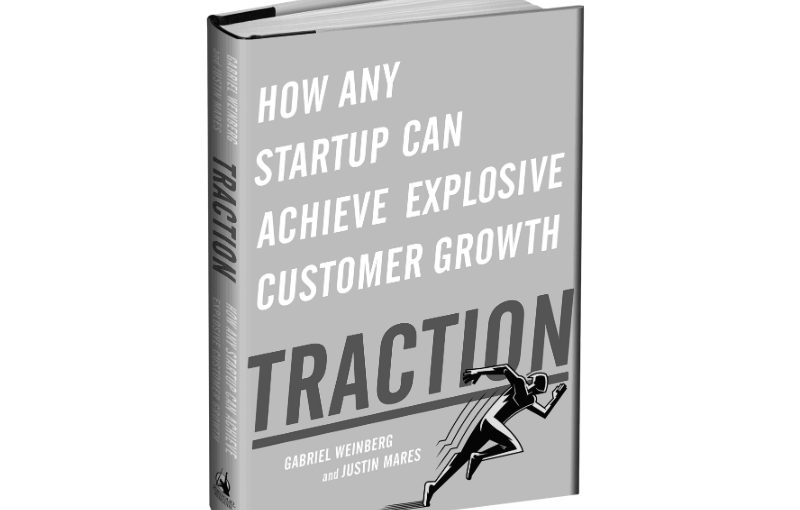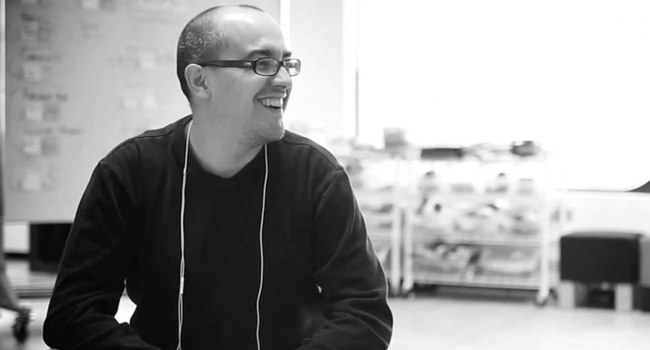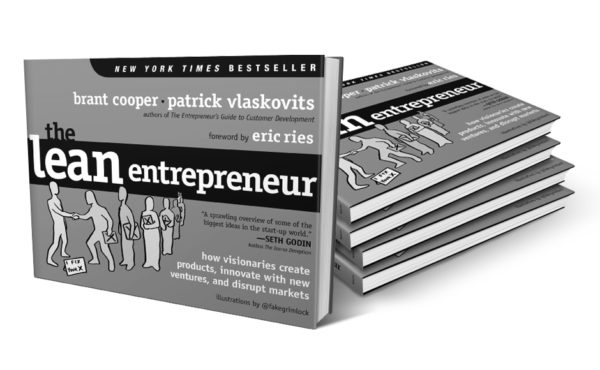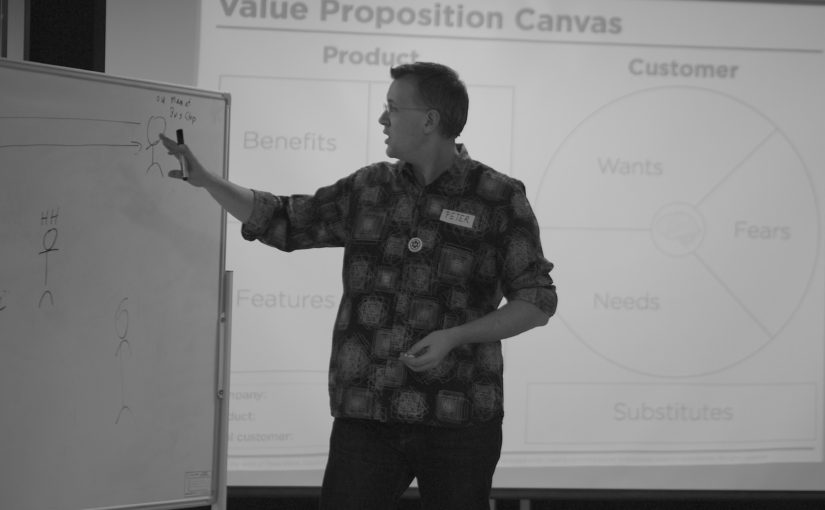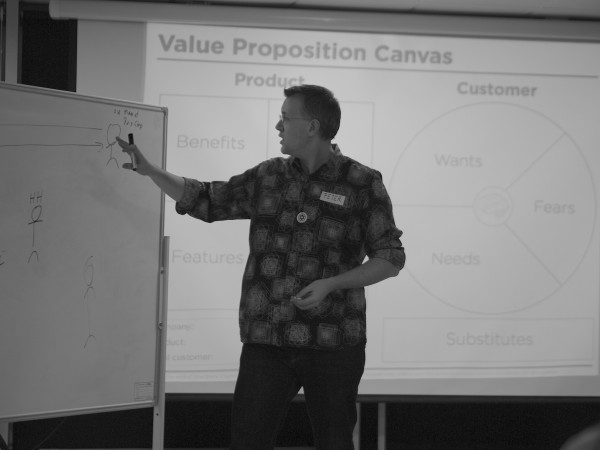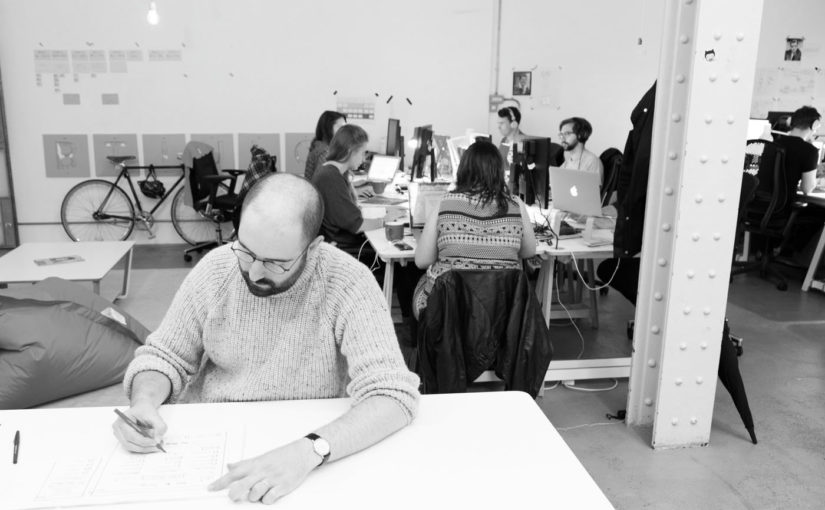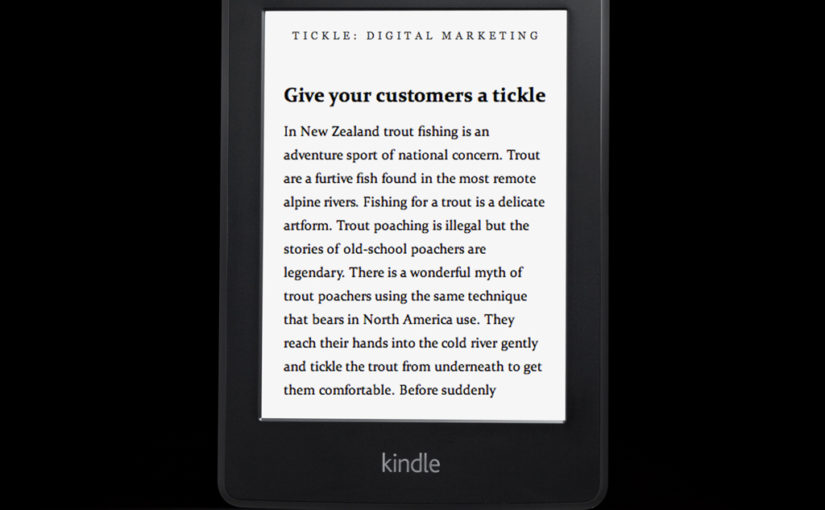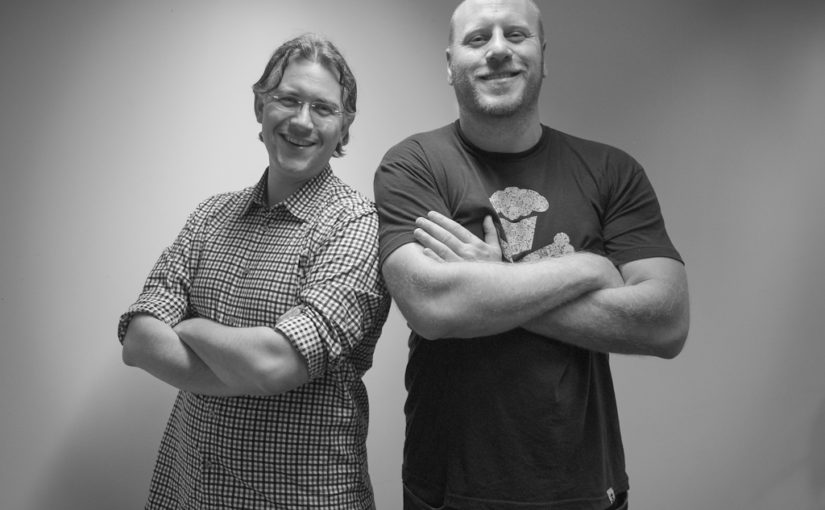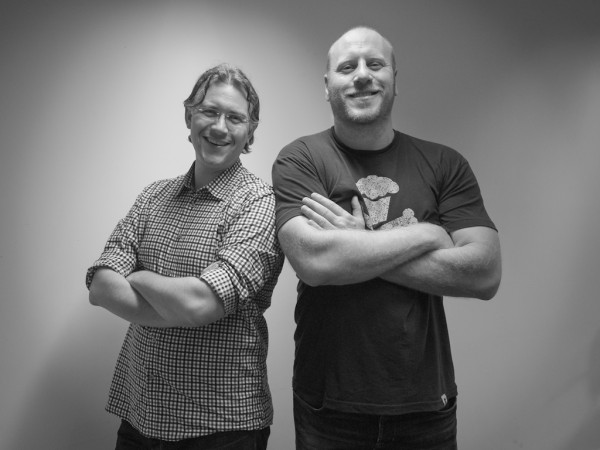I’ve been working in technology startups for several years now and I’ve been up close and personal with what it takes to get something designed, built and onto the internet.
During the consulting parts of my career, I helped build plenty websites for clients. But it’s a whole different ball-game when you are in-house and personally responsible for whether or not the site is delivering results. I’ve found that as soon as you’re responsible for the actual business results, your whole mindset towards building digital products changes. For example, I’ve found that all of a sudden usability and simplicity become more important than how things look for their own sake.
I’ve always been fascinated by how things that seem like a nice easy website project can gradually become complex, stressful and expensive. It’s not just the normal “things take longer than you’d expect” effect from all types of project management. Something more profound is going on when building digital products. There are several interesting issues that cause website projects to be harder than you’d expect: Continue reading Why is building a website so hard?


